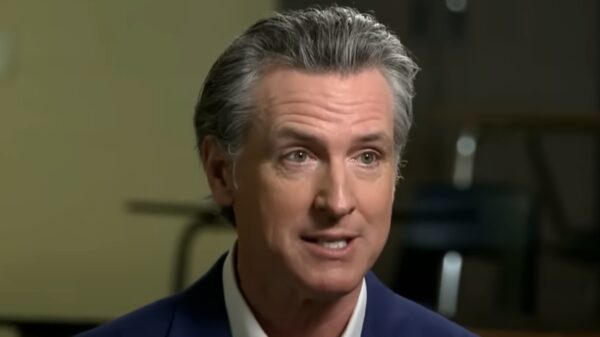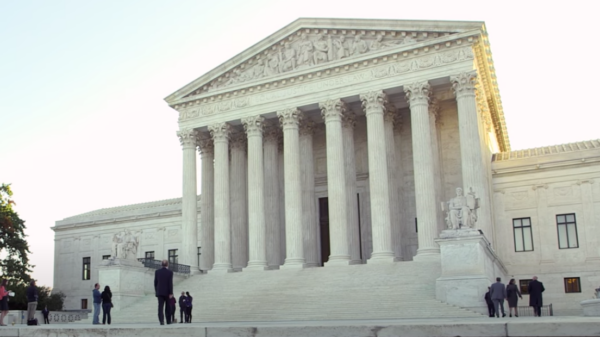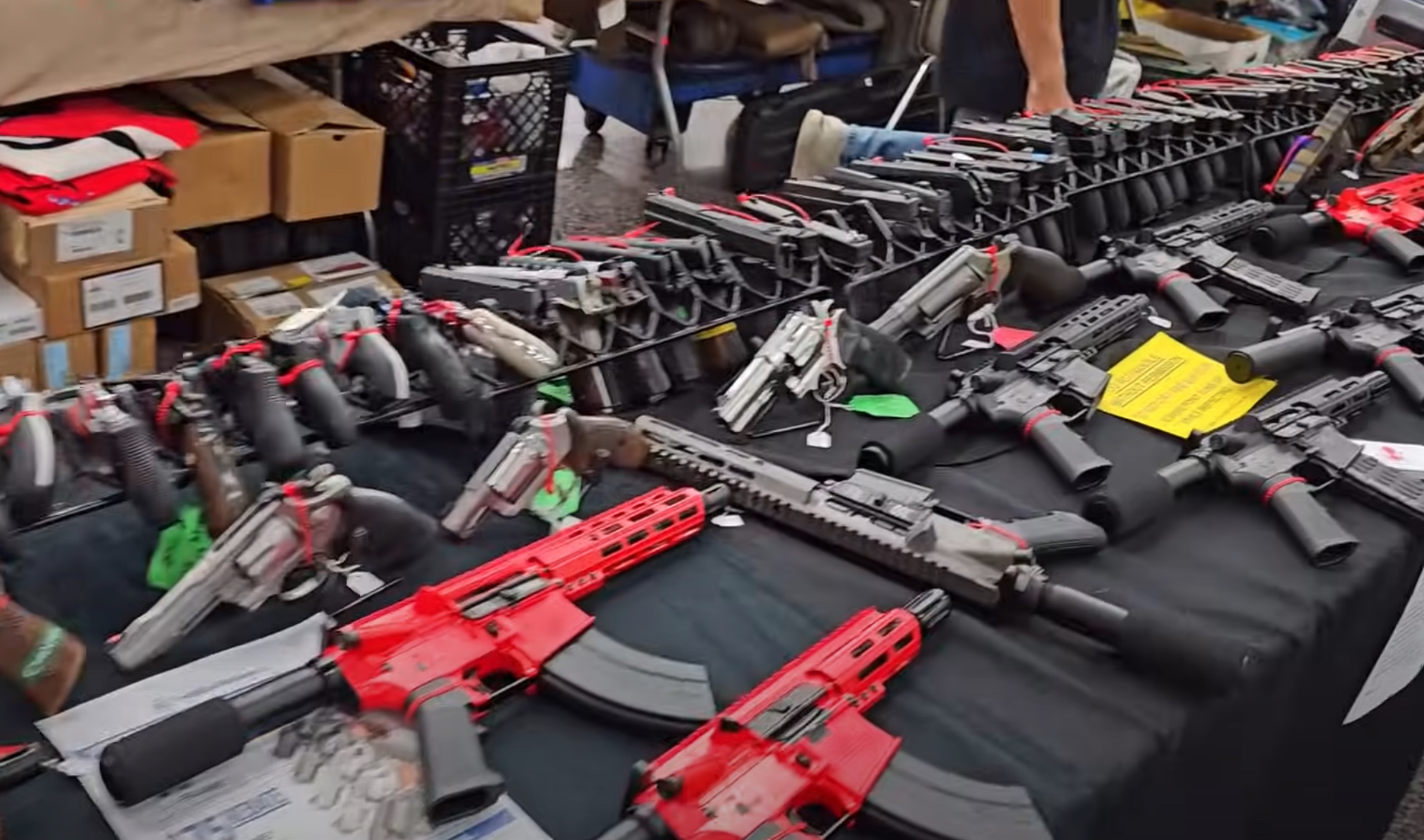
The debate surrounding the “gun show loophole” has been a contentious issue in the gun control discourse. Advocates for stricter gun laws argue that this supposed gap allows for unregulated gun sales at gun shows, making it easy for criminals to access firearms.
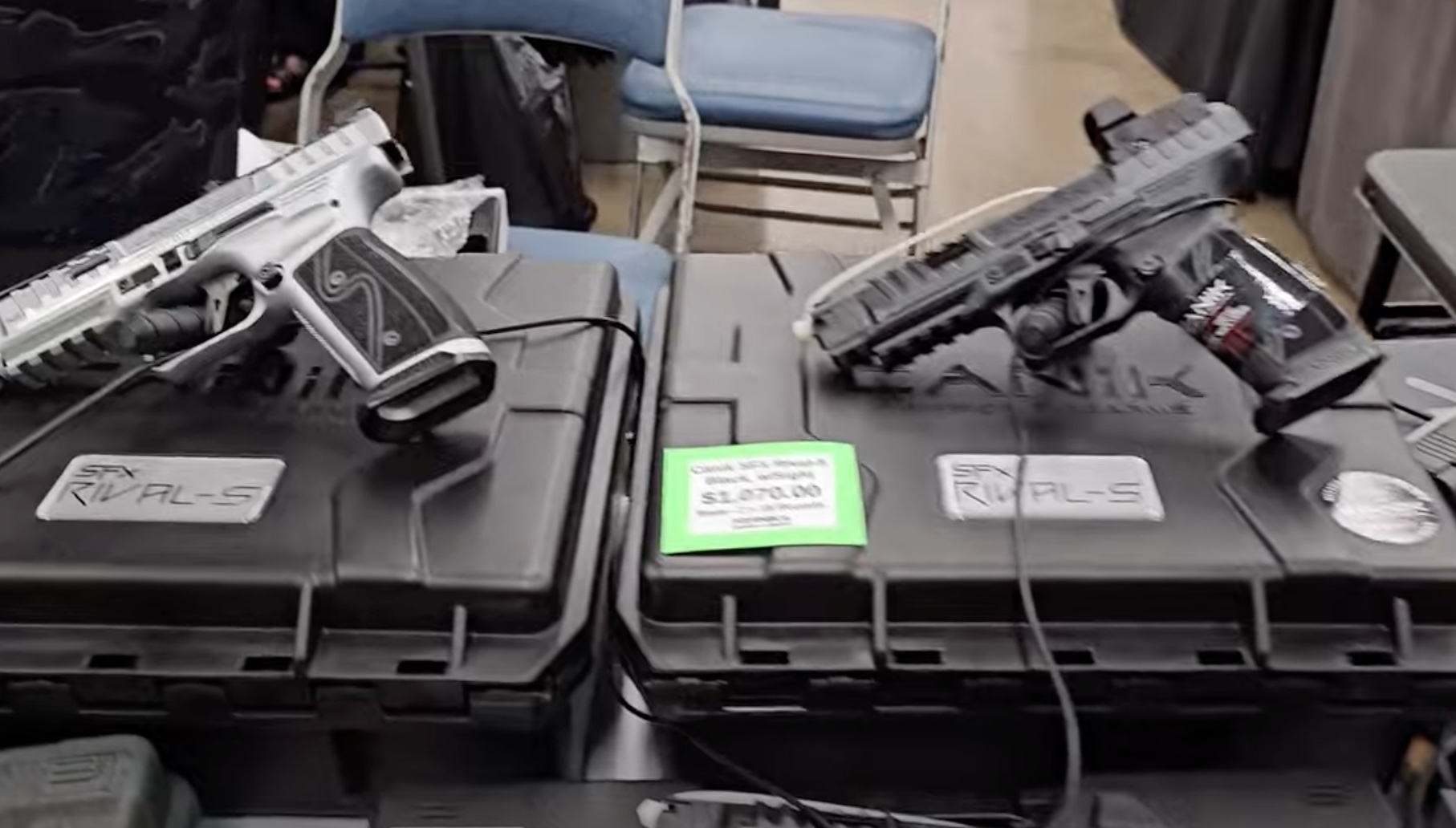
On the other hand, supporters of gun rights dispute this claim, stating that the loophole is a misrepresentation and that current laws effectively govern firearm transactions.
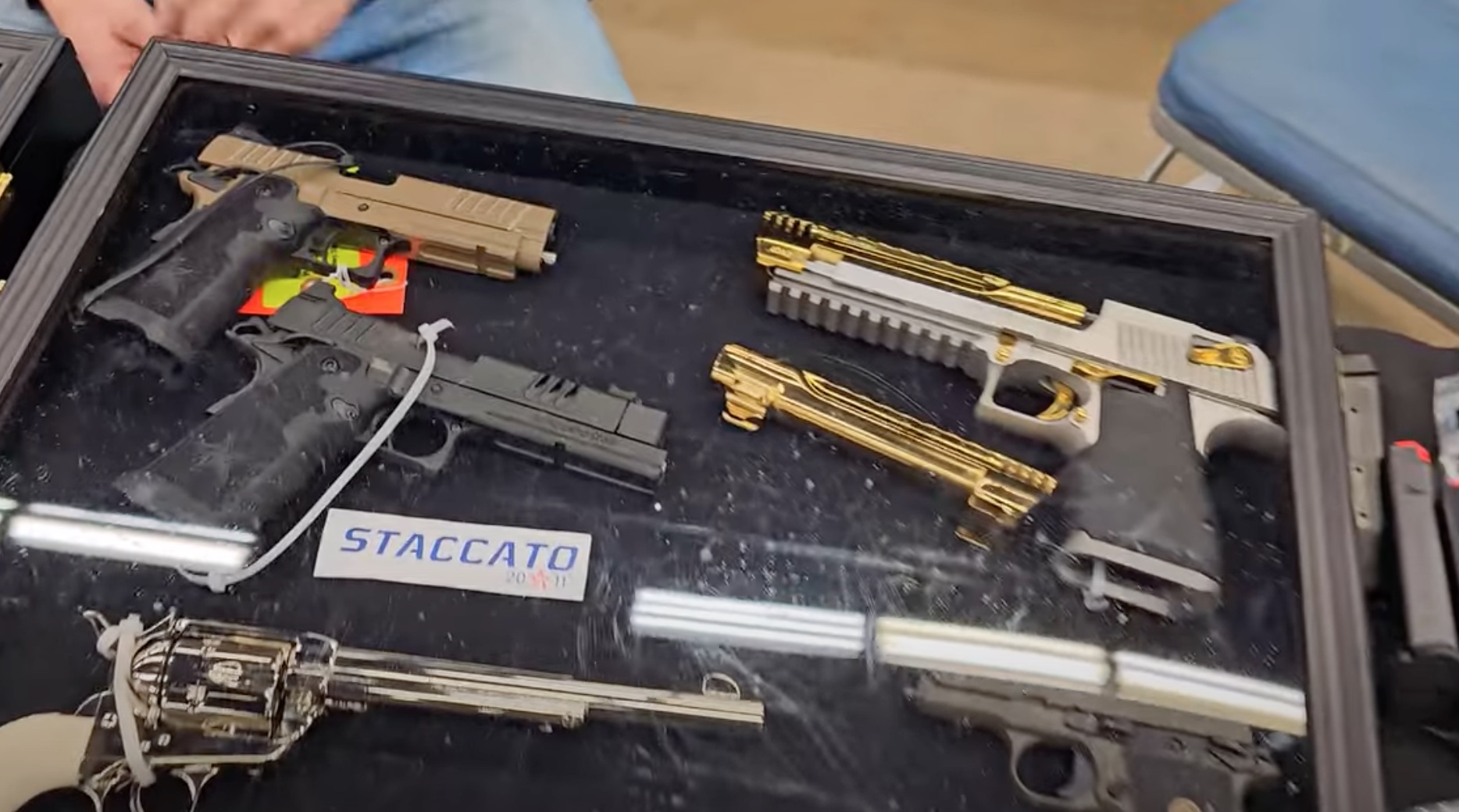
Pro-gun organizations’ leaders, including the Second Amendment Foundation and the National Shooting Sports Foundation, have expressed their opposition to proposed new regulations.

They argue that these changes unfairly burden law-abiding citizens without tackling the underlying causes of gun violence.

The ongoing dispute over the gun show loophole and the Biden administration’s response underscore broader tensions surrounding gun control in the United States.

Despite attempts to clarify the situation, those against gun ownership continue to push the narrative of a widespread gun show loophole. They claim that unlicensed sellers at these events facilitate the unchecked sale of firearms without conducting proper background checks. This argument persists despite the lack of substantial evidence to support its prevalence.
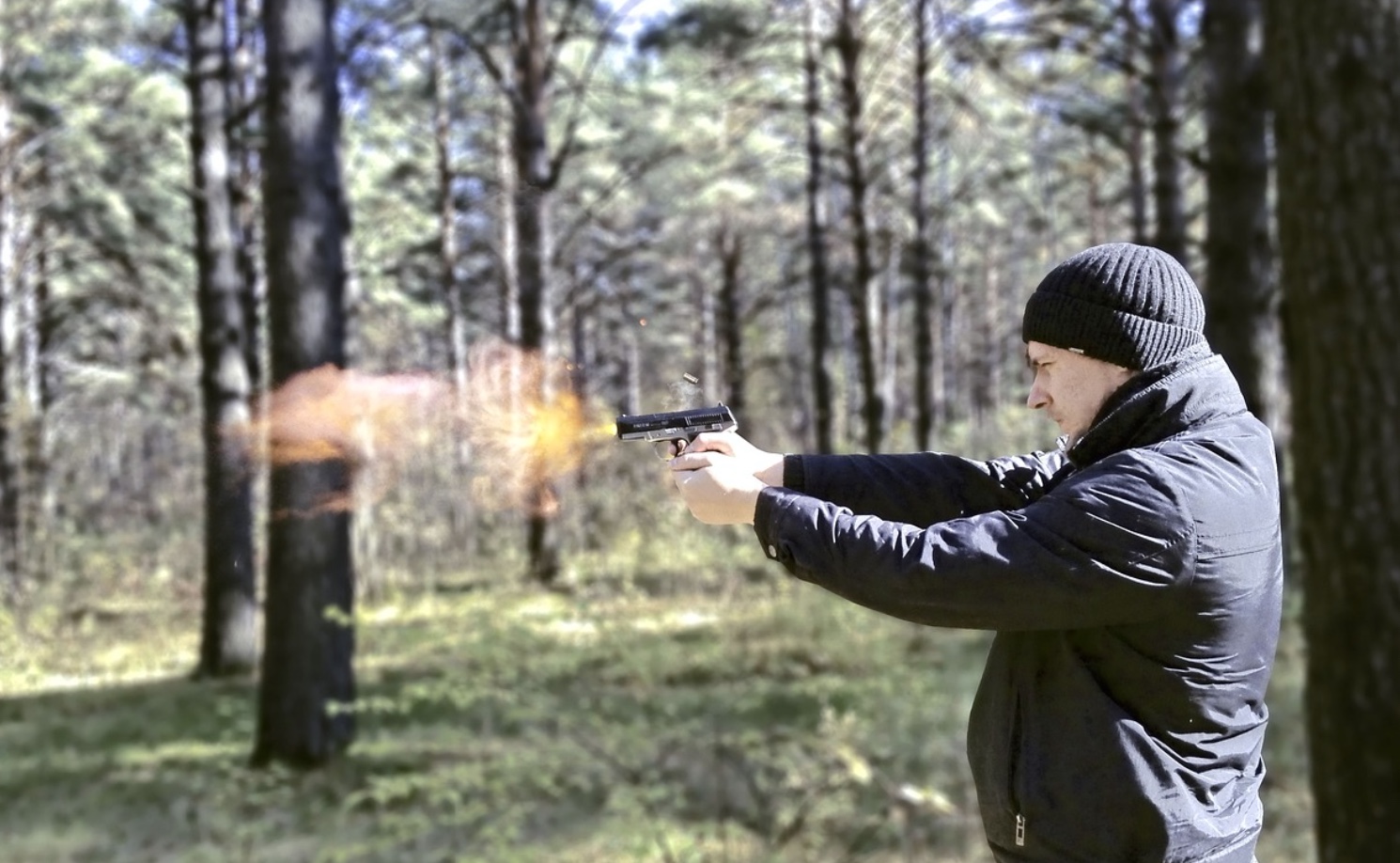
In response to pressure from anti-gun advocates, the Biden administration has taken steps to address the perceived loophole.
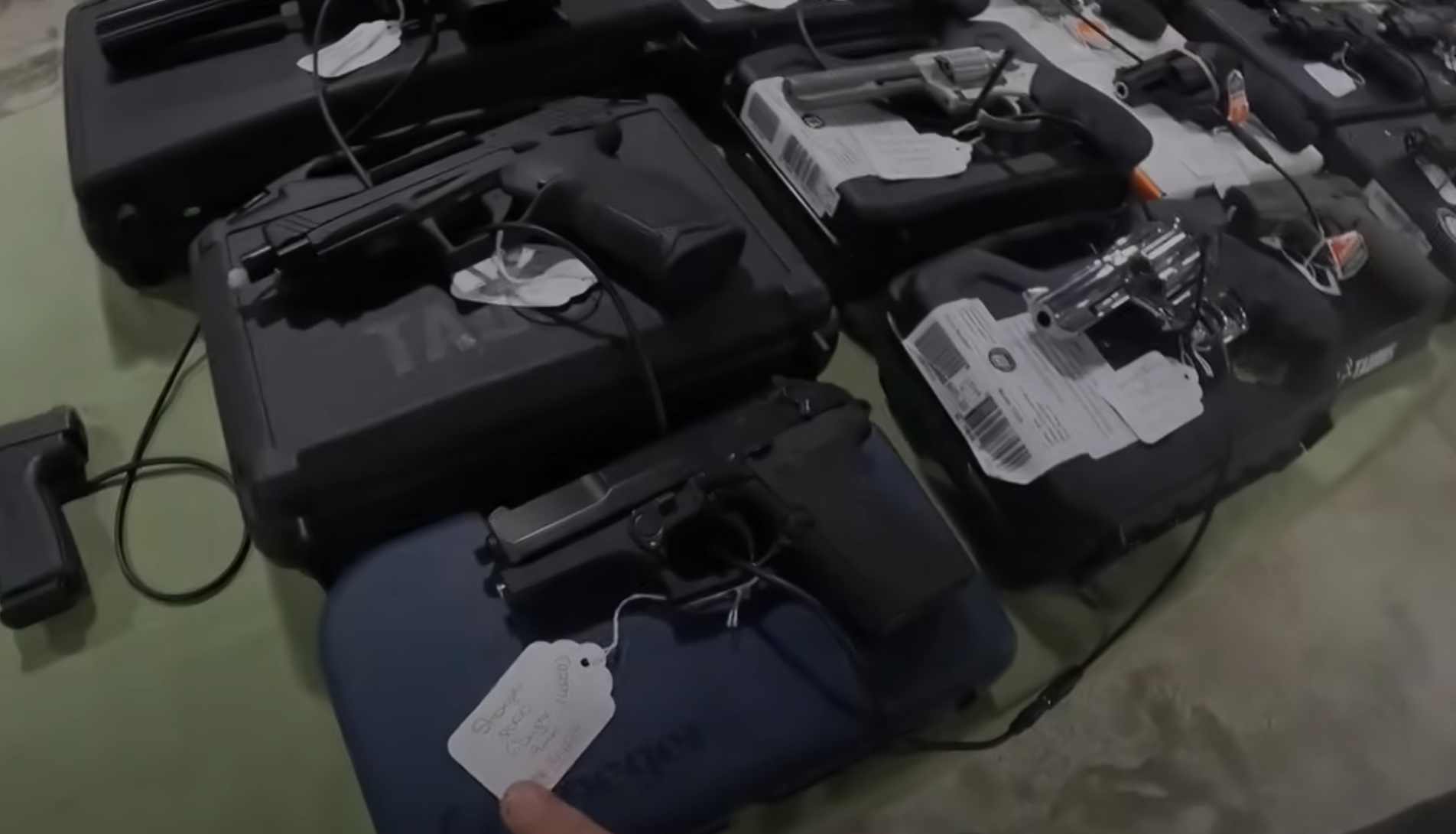
Recently, they announced modifications to existing regulations to improve oversight of firearm sales at gun shows.

These changes have been met with criticism from pro-gun groups, who see them as a violation of Second Amendment rights.

Furthermore, they contend that criminals will still find ways to acquire firearms illegally, rendering additional regulations ineffective.
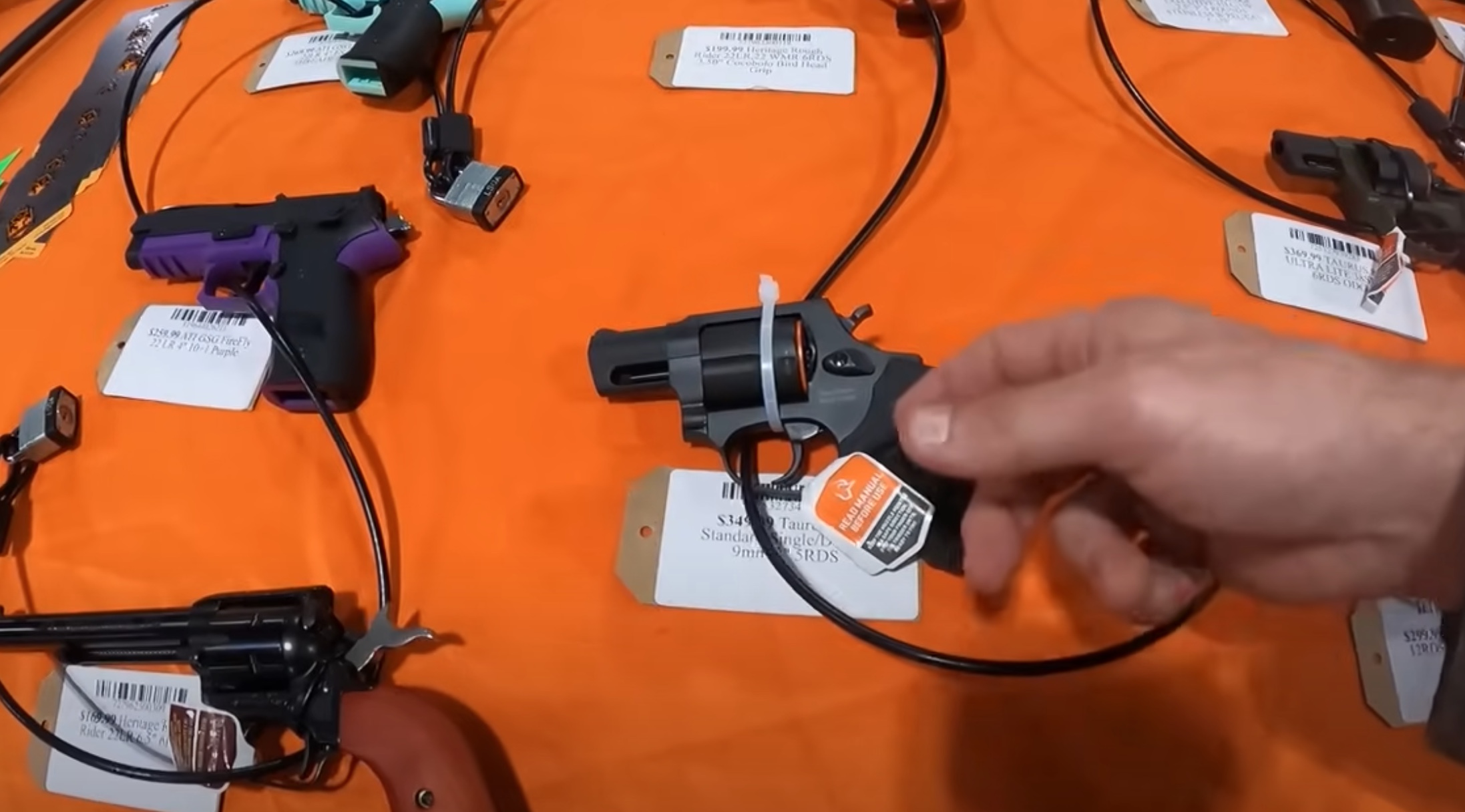
They argue that only Congress has the power to enact laws concerning firearms and that administrative agencies cannot unilaterally redefine legal terms or create new regulations.
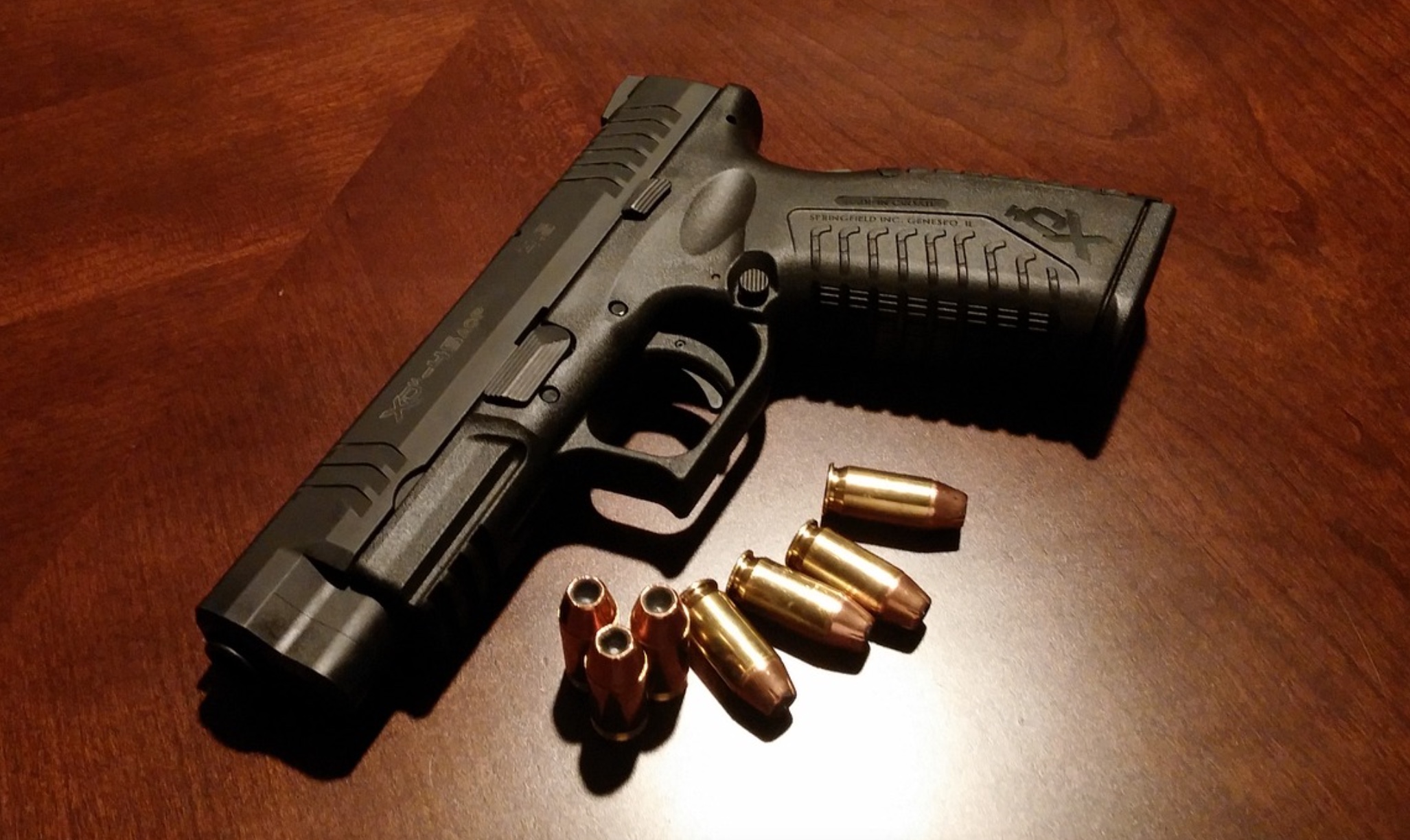
As new regulations are set to come into force within 30 days, pro-gun groups are expected to face legal challenges.
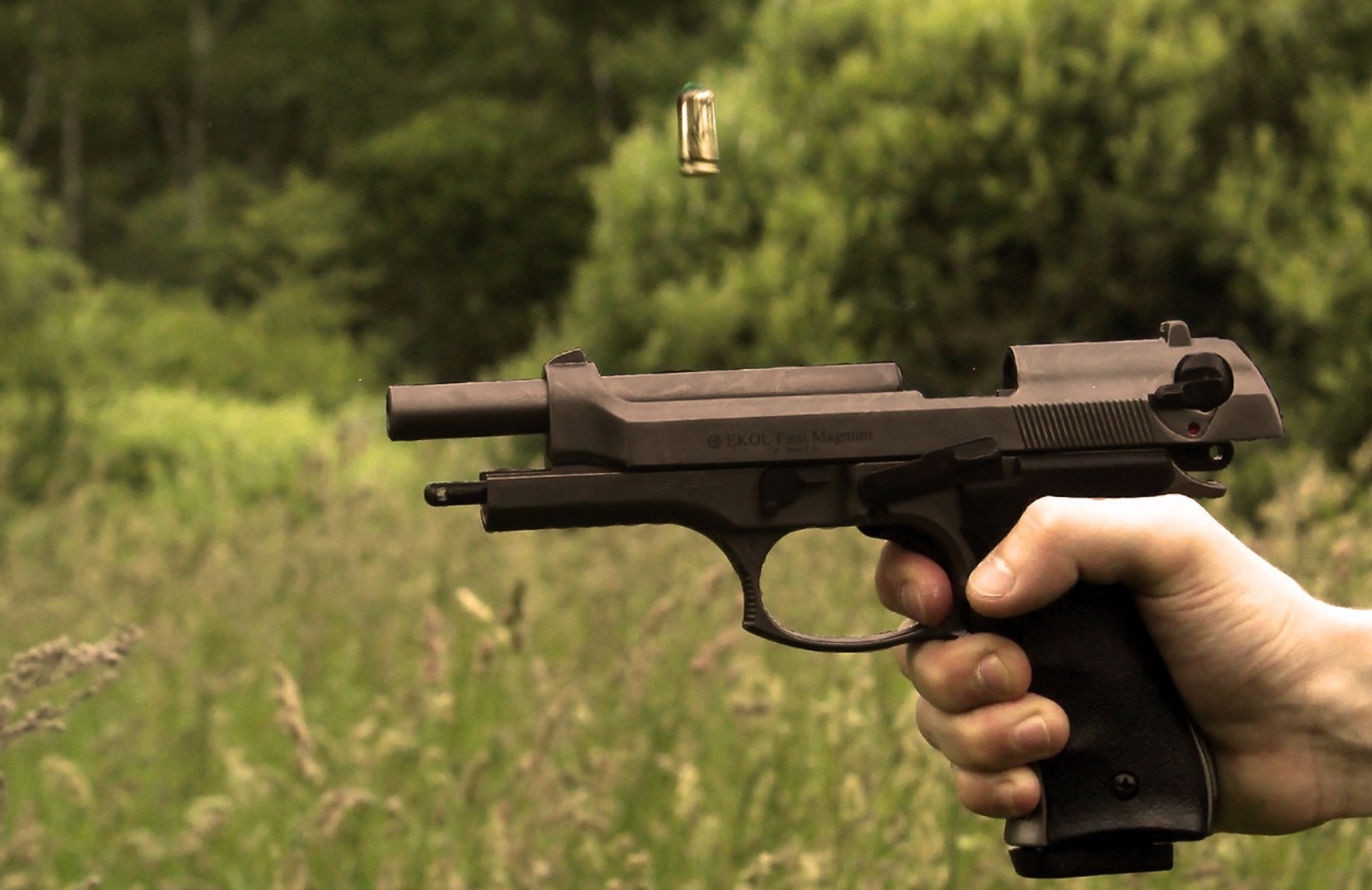
Critics claim that the Biden administration’s actions exceed the authority of the Bureau of Alcohol, Tobacco, Firearms, and Explosives (ATF) and encroach on Congress’s legislative authority.

With legal conflicts looming, the outcomes of these disputes could have significant implications for gun rights and regulations nationwide.

Supporters of stricter gun control measures are pushing for increased oversight of firearm sales, while advocates of gun rights remain unwavering in their defense of Second Amendment freedoms.










